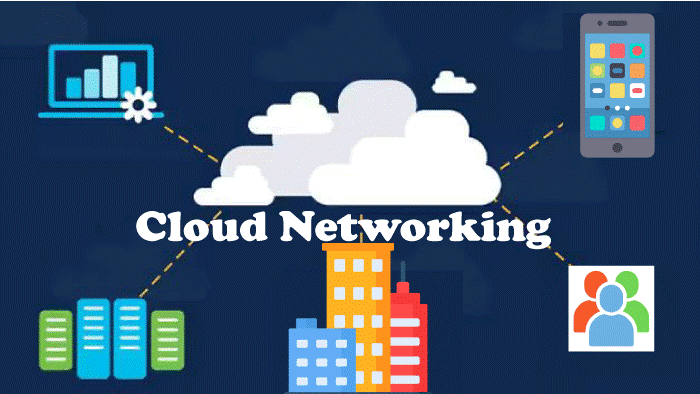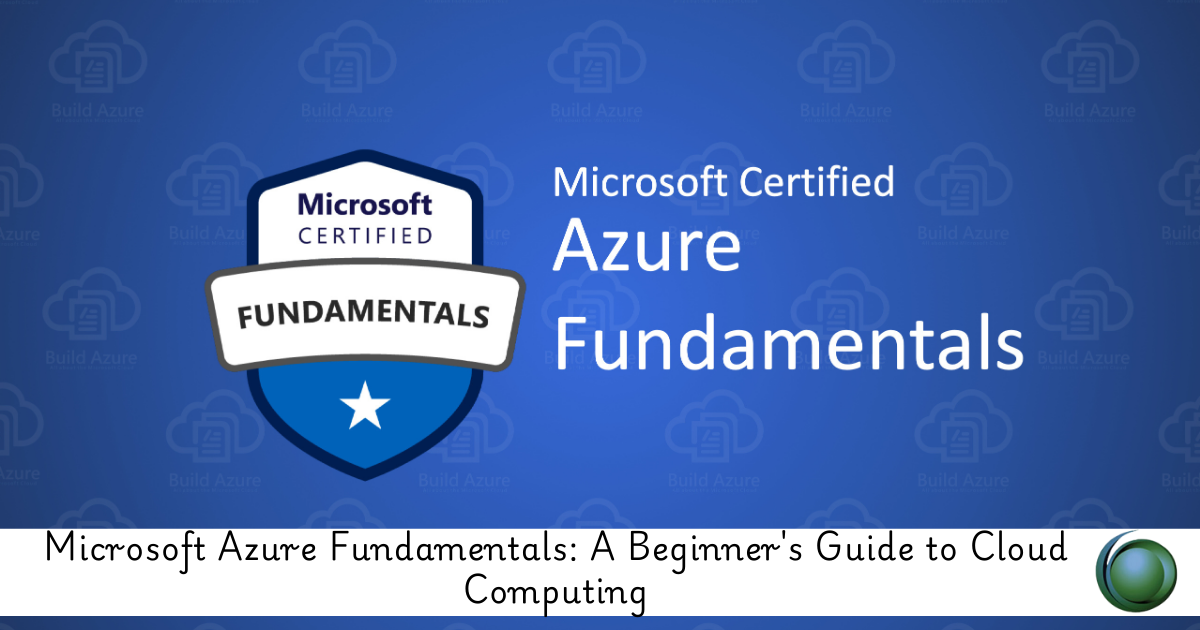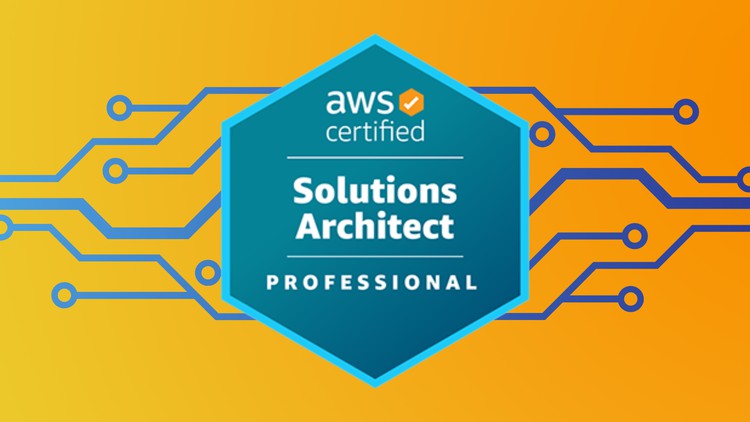Description
Introduction of Cloud Networking:
Cloud networking involves the design, deployment, and management of network resources and services in a cloud environment. This course provides an in-depth look at cloud networking concepts, focusing on how to connect and secure cloud environments effectively. Participants will gain insights into cloud network architectures, connectivity options, and security practices necessary to build robust and secure cloud infrastructures. The course is designed for network engineers, cloud architects, and IT professionals who need to understand and implement networking solutions in the cloud.
Prerequisites:
- Basic Knowledge of Cloud Computing: Understanding of cloud computing concepts and service models (IaaS, PaaS, SaaS).
- Experience with Networking: Familiarity with basic networking principles, including TCP/IP, DNS, and routing.
- Experience with Cloud Platforms: Basic knowledge of cloud platforms such as AWS, Azure, or Google Cloud is beneficial.
- Understanding of Security Principles: Basic knowledge of IT security concepts and practices is advantageous.
Table of Content:
- Introduction to Cloud Networking Security
1.1. Overview of Cloud Networking Concepts
1.2. Importance of Security in Cloud Networking
1.3. Key Security Challenges in Cloud Networking - Understanding Cloud Network Architecture
2.1. Overview of Cloud Network Components
2.2. Types of Cloud Network Deployments: Public, Private, Hybrid
2.3. Network Segmentation and Isolation in the Cloud - Identity and Access Management (IAM) in Cloud Networking
3.1. Understanding IAM and Its Role in Networking Security
3.2. Implementing Role-Based Access Control (RBAC)
3.3. Multi-Factor Authentication (MFA) for Network Security - Securing Virtual Private Clouds (VPCs)
4.1. Overview of VPC Architecture
4.2. Configuring Security Groups and Network Access Control Lists (NACLs)
4.3. Private and Public Subnets: Best Practices - Firewall Configuration and Management
5.1. Understanding Cloud Firewalls
5.2. Configuring Ingress and Egress Rules
5.3. Implementing Next-Generation Firewalls in the Cloud - Data Protection in Transit and at Rest
6.1. Importance of Data Encryption in Cloud Networking
6.2. Encryption Techniques for Data in Transit
6.3. Encrypting Data at Rest: Best Practices - Network Traffic Monitoring and Threat Detection
7.1. Overview of Network Monitoring Tools and Techniques
7.2. Implementing Intrusion Detection and Prevention Systems (IDPS)
7.3. Log Management and Analysis for Security - Securing API Gateways and Endpoints
8.1. Understanding API Security in Cloud Networking(Ref: Extending Cloud with Edge Computing: Strategies for Real-Time Data Processing)
8.2. Configuring API Gateways for Enhanced Security
8.3. Best Practices for Securing API Endpoints - Cloud Compliance and Regulatory Considerations
9.1. Understanding Compliance Requirements for Cloud Networking
9.2. Implementing Compliance Frameworks and Controls
9.3. Auditing and Reporting in Cloud Environments - Best Practices for Cloud Networking Security
10.1. Establishing a Security Framework for Cloud Networking
10.2. Regular Security Assessments and Penetration Testing
10.3. Incident Response Planning for Network Security - Emerging Trends in Cloud Networking Security
11.1. Zero Trust Security Model for Cloud Networking
11.2. Automation and Security in Cloud Networking
11.3. Future Trends: AI and Machine Learning in Cloud Security - Conclusion and Next Steps
12.1. Recap of Key Concepts and Best Practices
12.2. Resources for Continued Learning and Professional Development
12.3. Exploring Advanced Certification Paths in Cloud Security
Conclusion:
This certification equips professionals with the essential skills to connect and secure cloud environments effectively, enhancing overall network performance and security. By mastering these competencies, candidates can significantly contribute to their organizations’ cloud networking strategies and protect their assets from evolving threats.







Reviews
There are no reviews yet.